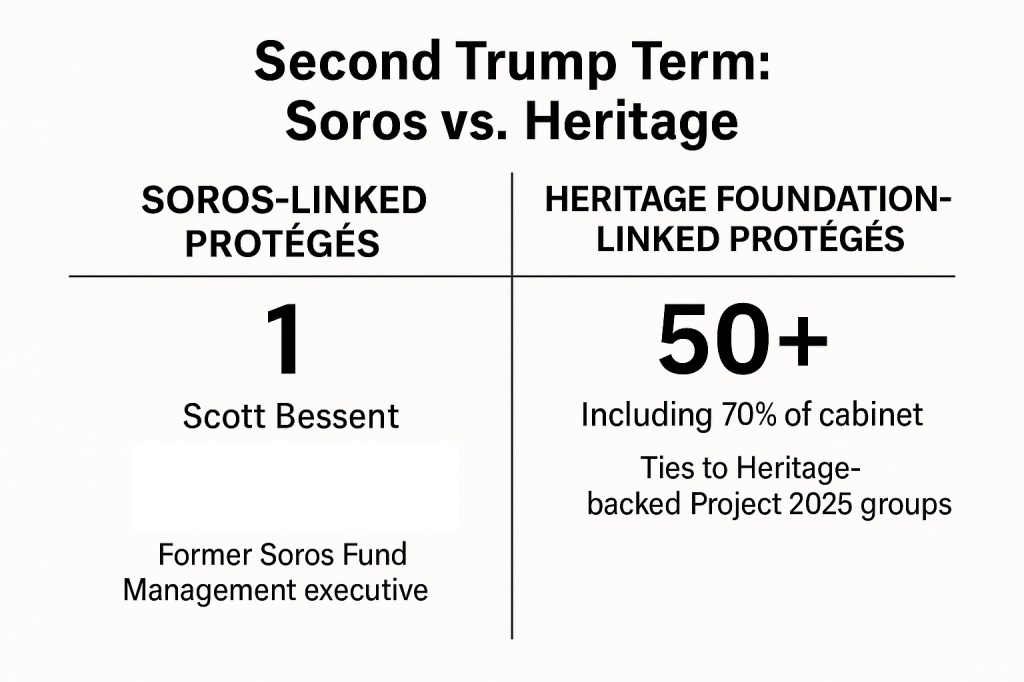
Trump officials met group pushing Alberta independence from Canada
Read More »A Missouri government tip site for submitting complaints and concerns about gender-affirming care is down after people flooded it with fanfiction, rambling anecdotes and the “Bee Movie” script.
Missouri trans ‘snitch form’ down after people spammed it with the ‘Bee Movie’ script
THE DEPARTMENT OF HOMELAND SECURITY is quietly broadening its efforts to curb speech it considers dangerous, an investigation by The Intercept has found. Years of internal DHS memos, emails, and documents — obtained via leaks, Freedom of Information Act requests, and an ongoing lawsuit, as well as public reports — illustrate an expansive effort by the agency to influence tech platforms.
TRUTH COPS: Leaked Documents Outline DHS’s Plans to Police Disinformation
Related:
Disrupt The Cognitive Infrastructure
H/T: Unorthodox Truth
Dozens of social media accounts operating for years in an attempt to influence people in the Middle East and Asia have been shut down. Now a major new study believes the US is likely behind it
US accused over huge ‘covert pro-Western’ digital campaign targeting Middle East
Related:
CONOPs
Evaluating Five Years of Pro-Western Covert Influence Operations
The US government got caught using sock puppets to spread propaganda on social media
The data analyzed came from 146 Twitter accounts (which tweeted 299,566 times), 39 Facebook profiles, and 26 Instagram accounts, along with 16 Facebook pages and two Facebook groups. Some of the accounts were meant to appear like real people and used AI-generated profile pictures. Meta and Twitter didn’t specifically name any organizations or people behind the campaigns but said their analysis led them to believe they originated in the US and Great Britain.
For anyone who’s ever been within 15 feet of a history book, the news that the US is using covert action to push its interests in other countries won’t come as a surprise. It is, however, interesting that these operations were uncovered just as social media companies are gearing up to deal with a wave of foreign interference and misinformation in our own elections.
The report also comes right on the heels of a bombshell whistleblower report from Peiter “Mudge” Zatko, Twitter’s former head of security, which accused the company of lax security practices and misrepresenting the number of bots on its platform (something the US government is investigating and that Twitter has strongly denied).
You must be logged in to post a comment.